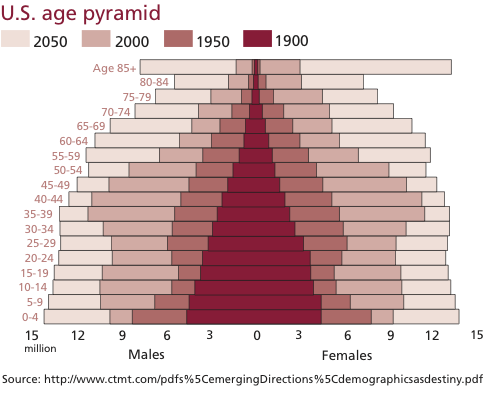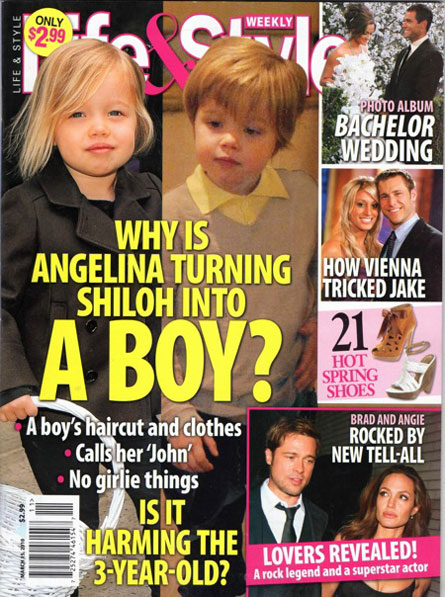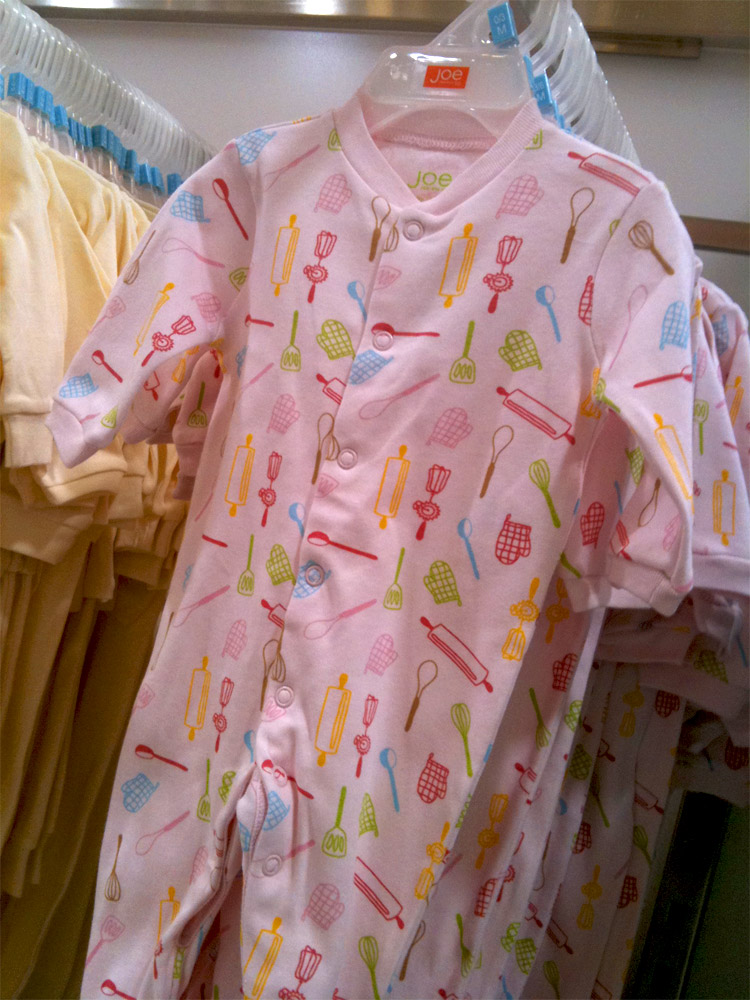Dmitriy T.M., Christina W., Kelly V., and George asked us to comment on Vajazzling. Dmitriy, who sent in the video link, said he was too frightened to press play, but I am very brave and now I know what vajazzling really is! It’s hard to know because the term “vajayjay” is, um, who knows what that word means… and the term “vagina” (which actually refers to what is otherwise known as the birth canal) is now used to mean the vulva and, apparently, anything within 12 inches of it.
In any case, the video below, in which a woman documents the vajazzling of her “vagina,” reveals that the term refers to the placing of a field of tiny crystals where your public hair would be. So, you essentially replace your pubic hair with shiny objects.
So, brave souls who pressed play, sociologically analyze away.
Lisa Wade, PhD is an Associate Professor at Tulane University. She is the author of American Hookup, a book about college sexual culture; a textbook about gender; and a forthcoming introductory text: Terrible Magnificent Sociology. You can follow her on Twitter and Instagram.










